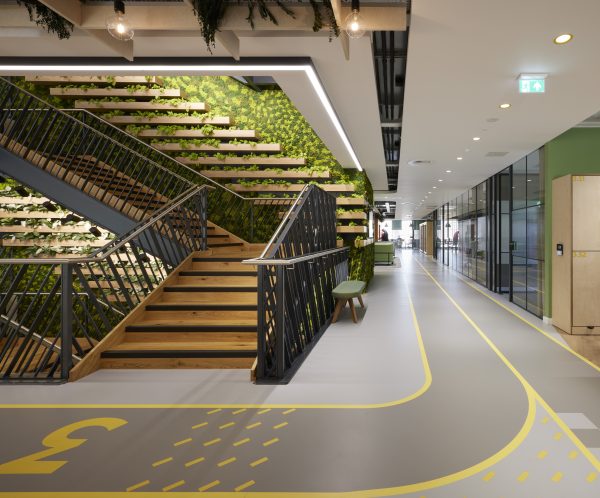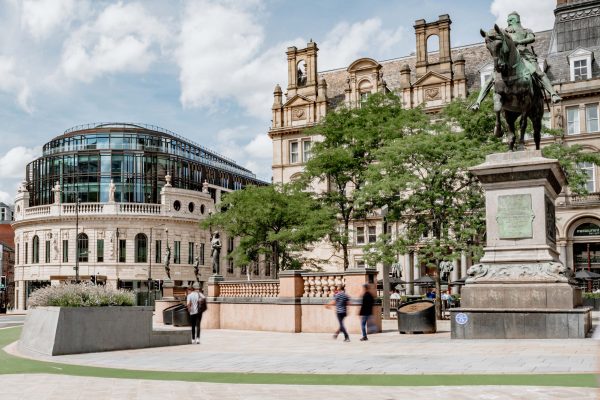Wellington Plaza
Elevating Workspaces in the Heart of Leeds
79,470 sqft
Workplace
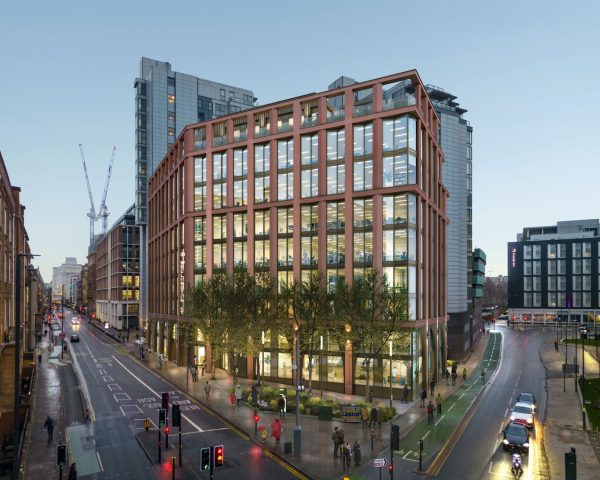
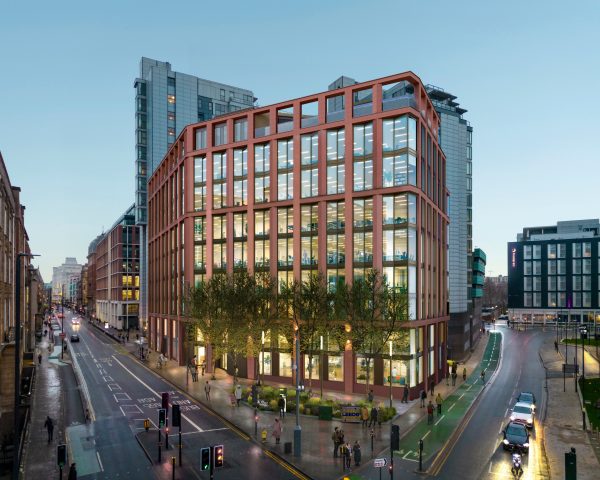
01 Project Narrative
The need for Wellington Plaza’s redevelopment stems from a vision to align Leeds’ office spaces with emerging global standards for sustainability and flexibility. As the city grows, so does the demand for workspaces that are environmentally responsible, technologically advanced, and adaptable to the changing nature of work. The project addresses the urgent requirement for office buildings that can attract forward-thinking businesses whilst contributing to the city’s goal of economic growth and sustainability conscious developments. It represents a significant leap towards creating a future-proof working environment, promoting well-being, and fostering community engagement within the urban core of Leeds.
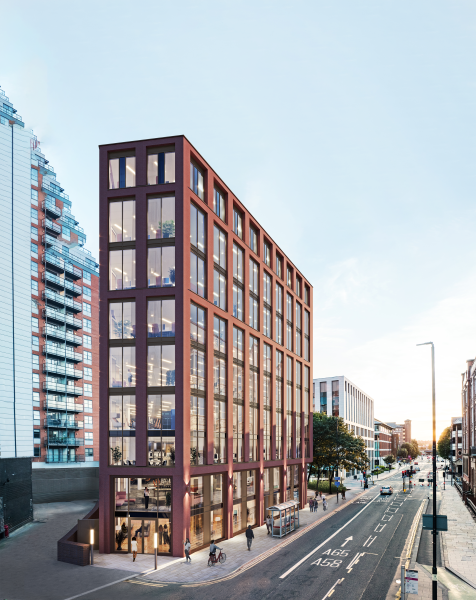
02 History
Wellington Plaza stands on a prominent site in Leeds’ city center, once housing a 1980s headquarters building. Historically, the area has been a focal point for business and commerce, evolving through the decades. The existing structure, though once modern, had become outdated and unoccupied, lagging behind the city’s dynamic growth and sustainability standards. The redevelopment aims not only to breathe new life into this significant site but also to pay homage to Leeds’ rich architectural heritage by integrating modern design with environmental consciousness, making it a landmark project in the city’s ongoing urban evolution.
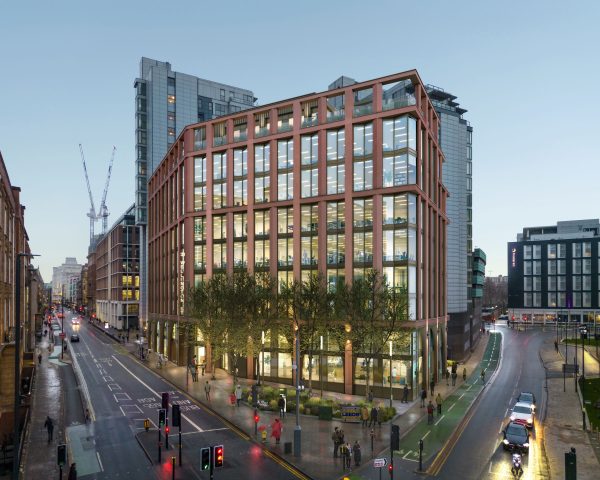
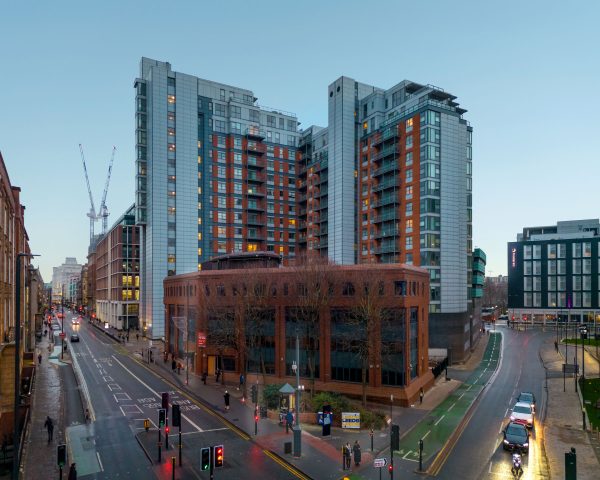
03 Context
Wellington Plaza is designed to seamlessly integrate into Leeds’ urban landscape, enhancing the character of the city centre while acknowledging its historical context. The redevelopment responds to its location by maximising the site’s potential as a gateway in the West End business district, improving the public realm, and creating visual and pedestrian links to surrounding areas. The material palette is chosen to reflect local architectural traditions, with modern interpretations that ensure longevity. The scale and form of the building are carefully considered to respect nearby heritage assets and contribute positively to the city skyline, establishing a new architectural landmark that is both distinctive and sensitive to its surroundings.
Developing the form
04 Approach to Design
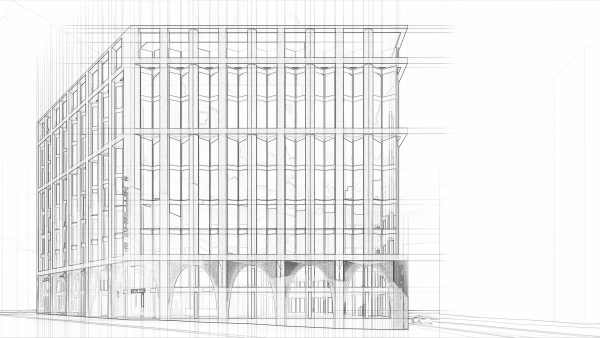
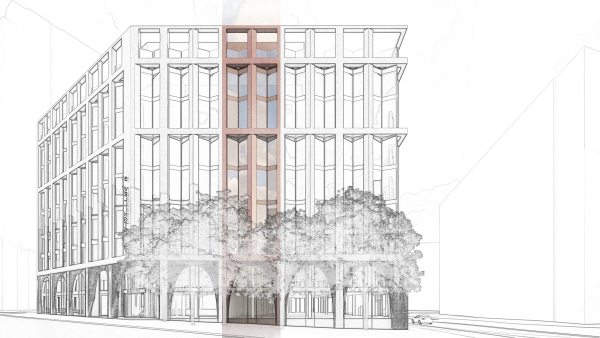
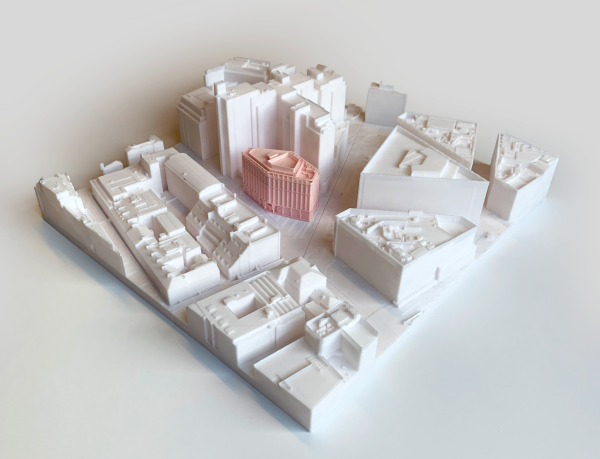
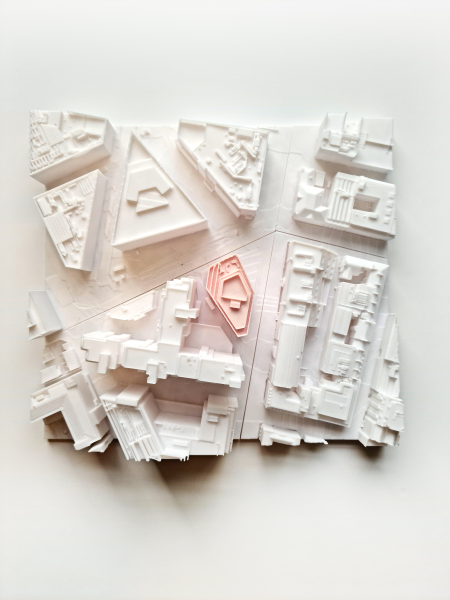


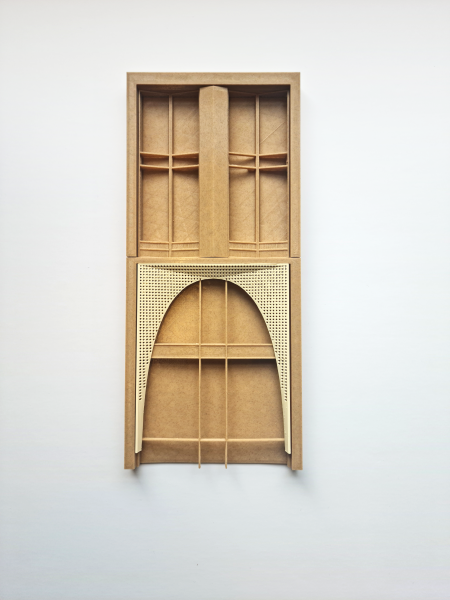
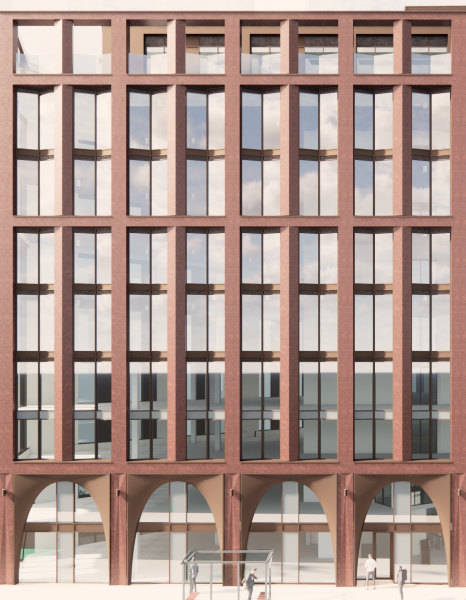
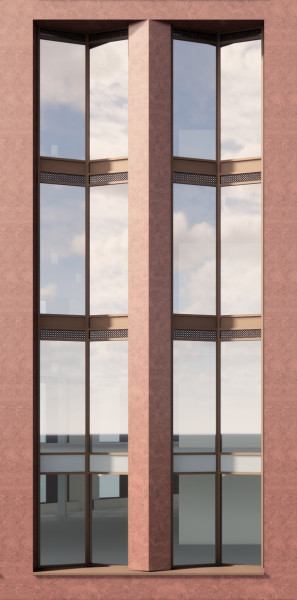

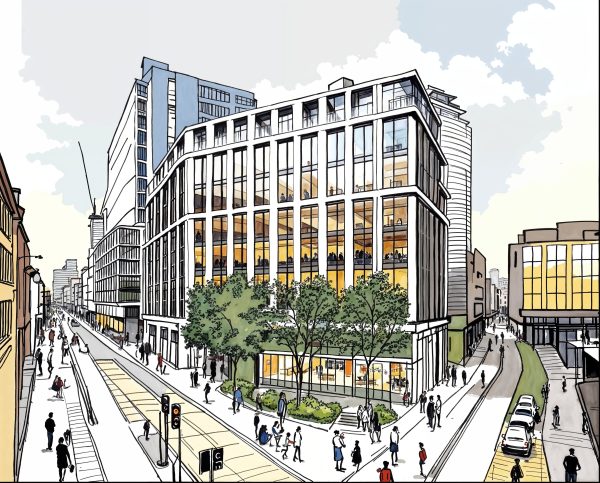
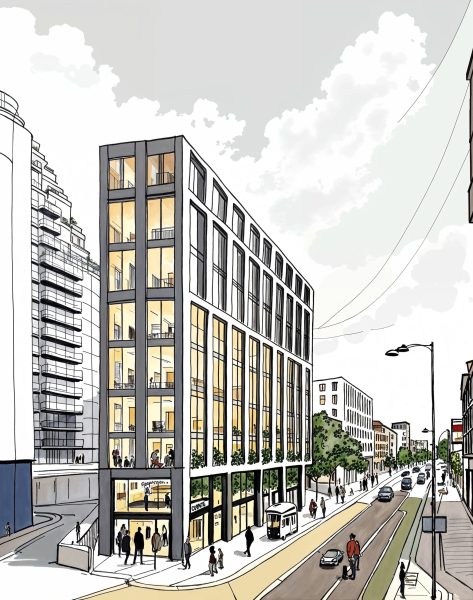

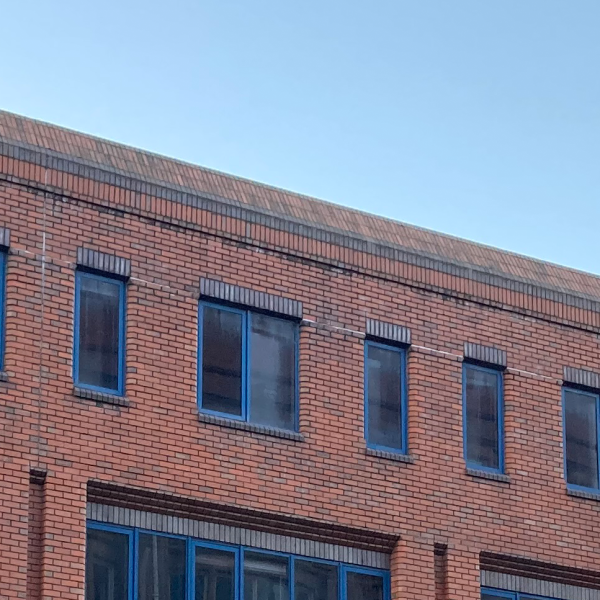
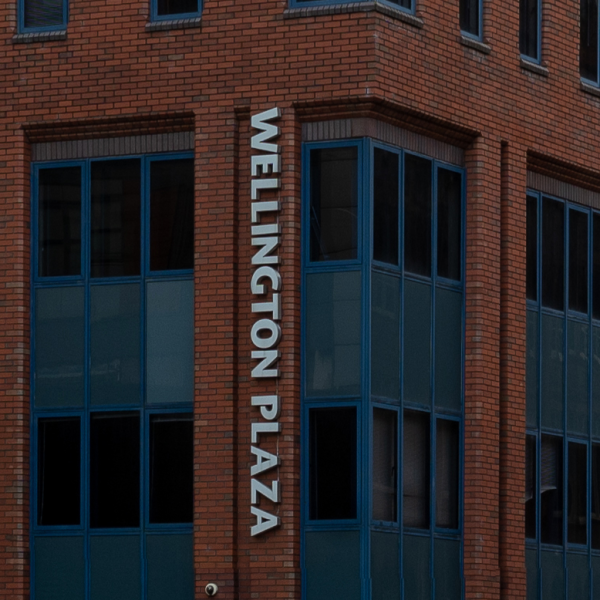
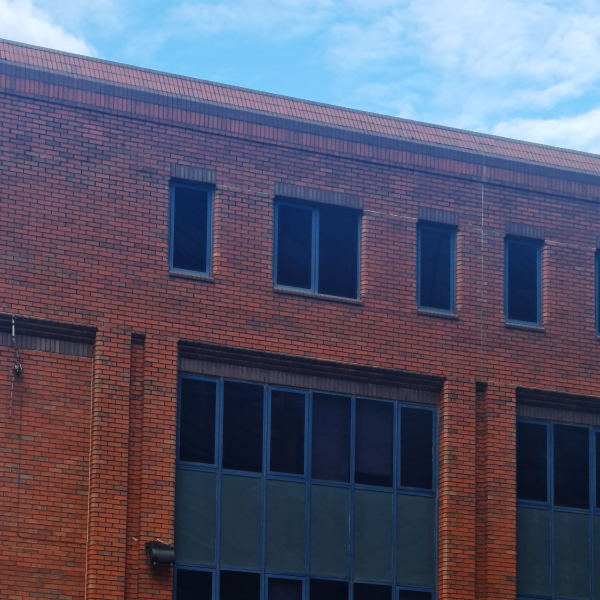

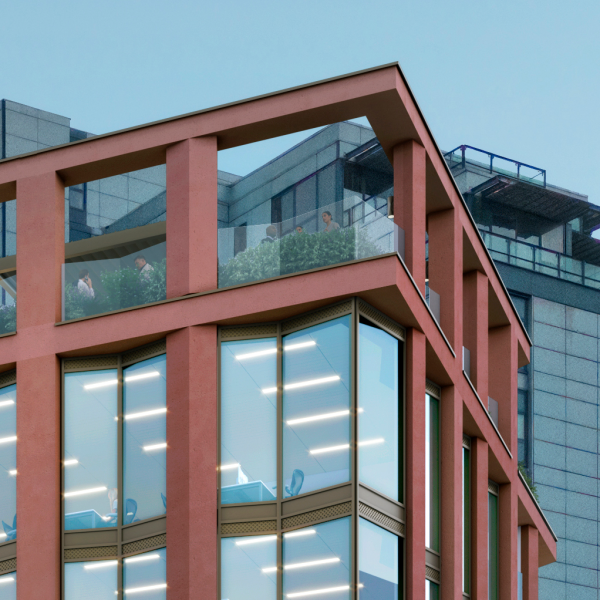
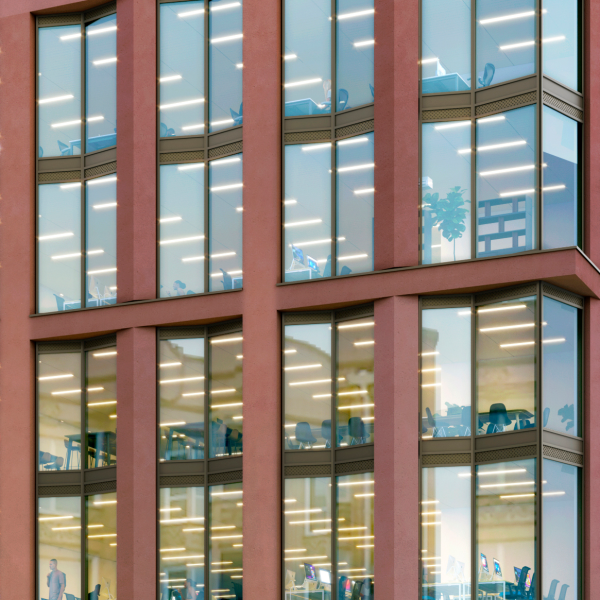

05 Community and Stakeholder Engagement
Prior to submitting the planning application, comprehensive engagement with local residents, the business community, and key stakeholders was undertaken. This process aimed to incorporate community feedback into the redevelopment plans, allowing Wellington Plaza to not only meet the aspirations of future occupants but also contribute positively to the wider community. The feedback informed various aspects of the design and public realm improvements, demonstrating a commitment to inclusive development.
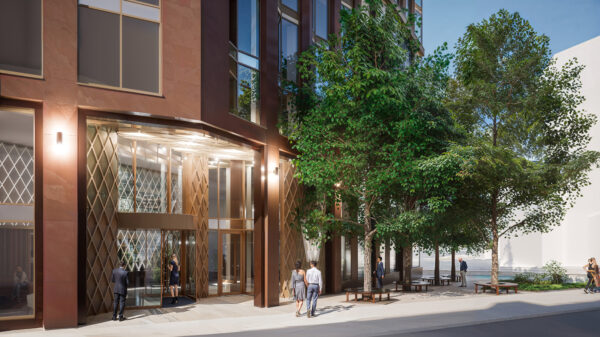

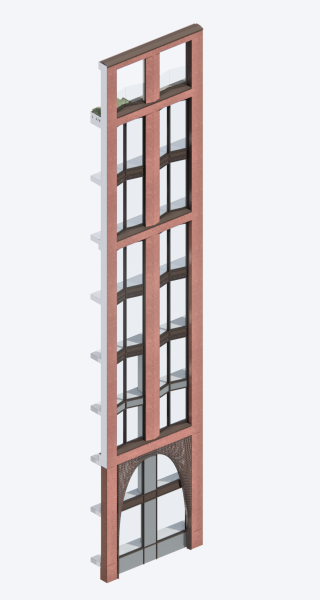
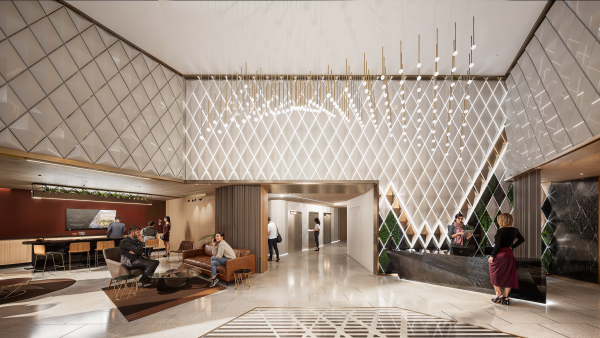

06 Climate Leadership
The Wellington Plaza project is at the forefront of climate leadership, embodying an uncompromising commitment to sustainability and innovation. Aiming for a NABERS 5 Star Plus rating and BREEAM ‘Outstanding’, the development incorporates cutting-edge technologies and design principles to minimize environmental impact. The use of photovoltaic panels, electric air source heat pumps, and extensive green roofing demonstrates a holistic approach to achieving net-zero carbon emissions.
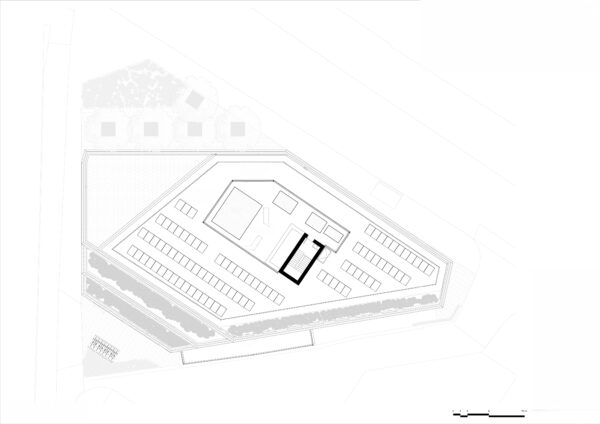
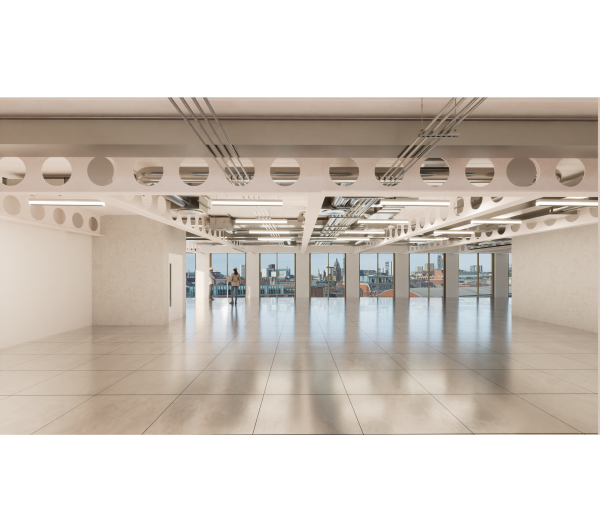
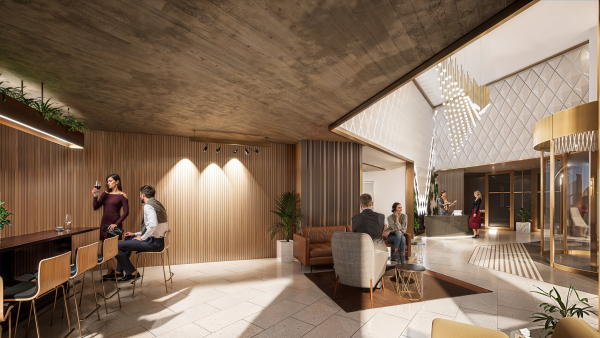
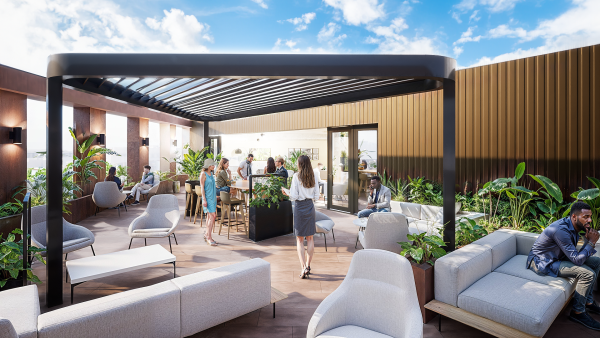
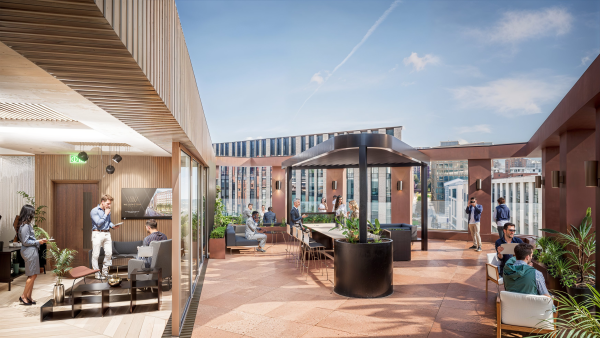
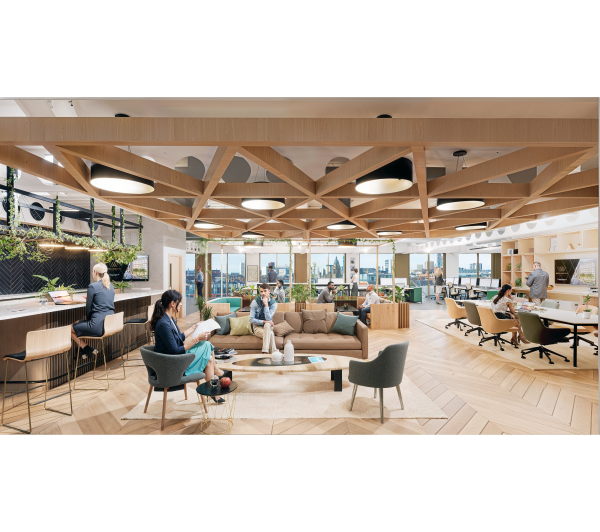
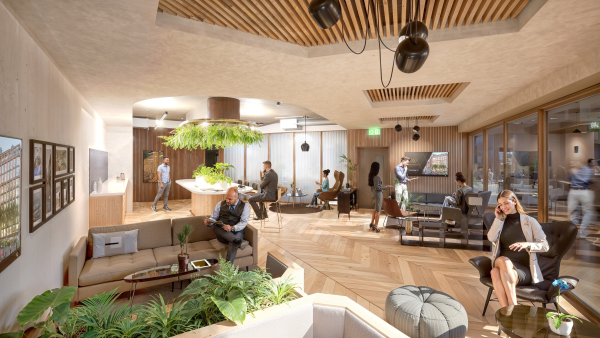
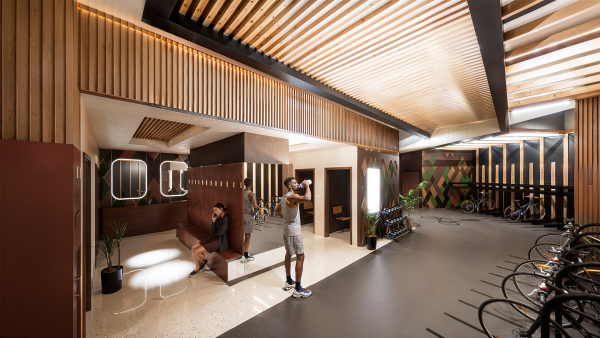
07 Collaborators
The planning of Wellington Plaza is a collaborative endeavour, involving the concerted efforts of our Design Team who are working together to bring innovative solutions and creative insights to the project, with a strong focus on sustainable architecture, engineering, and landscape design. The strategic partnerships formed during the planning phase are set to enhance the overall quality and impact of the development once realised.
Project team
